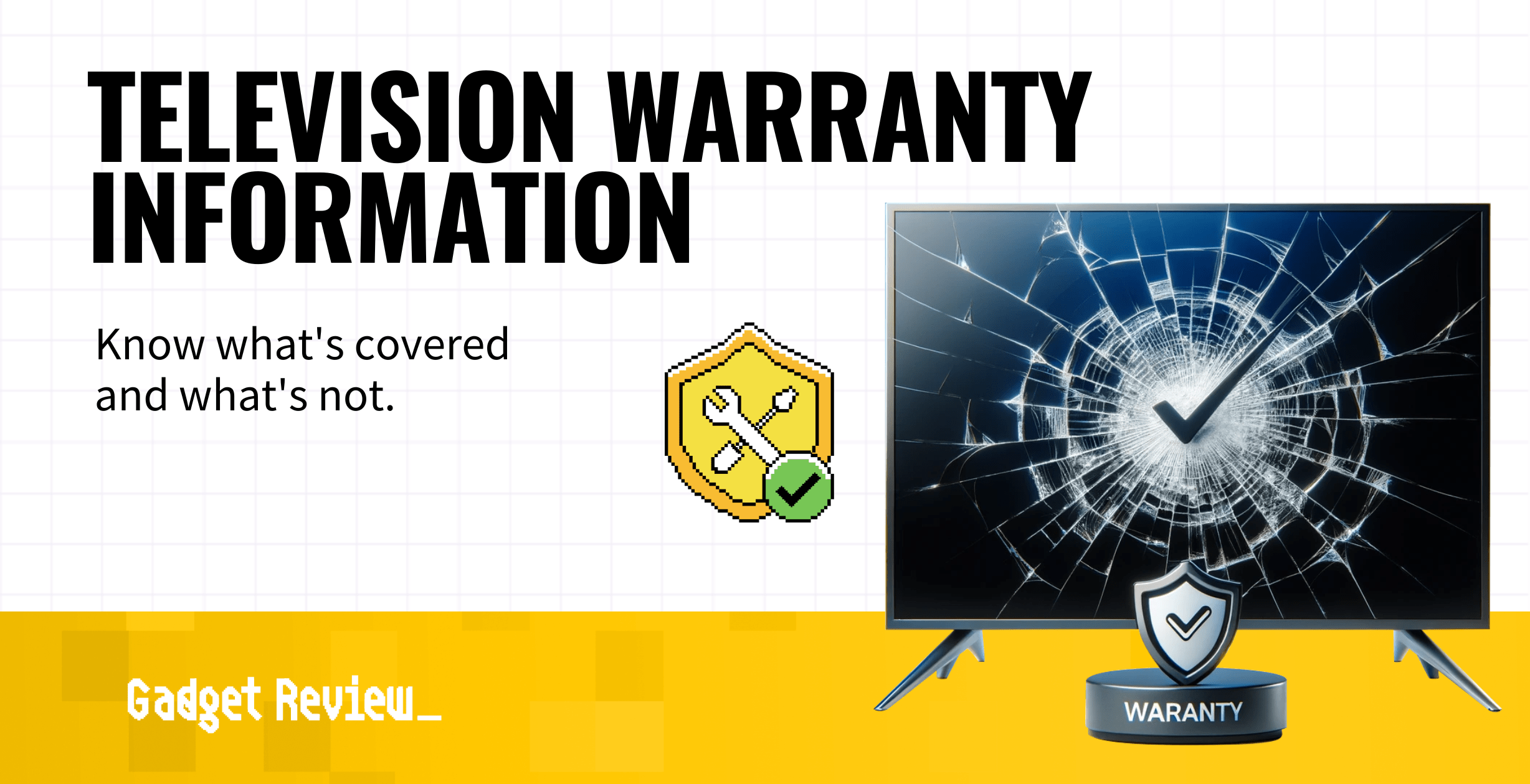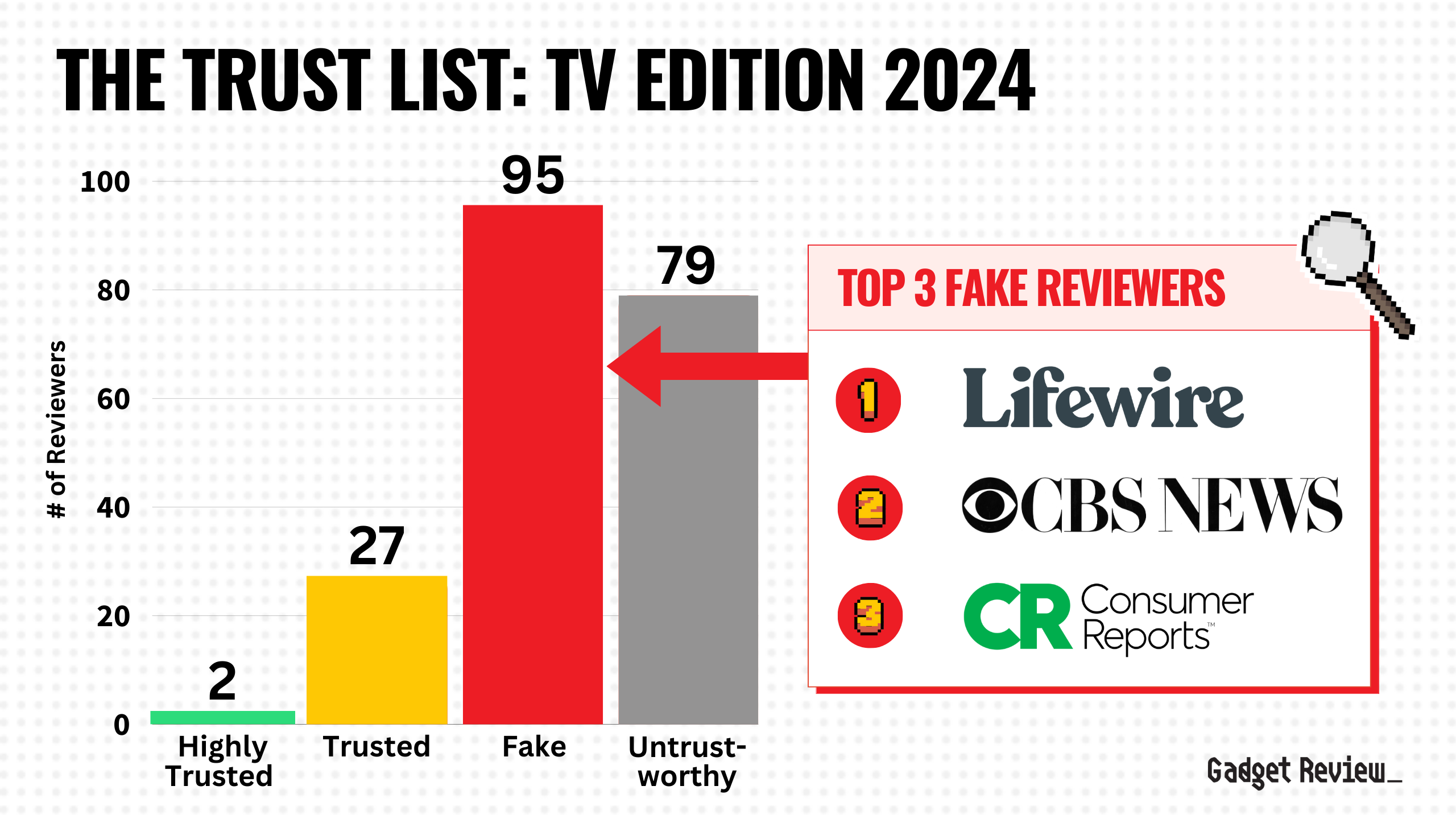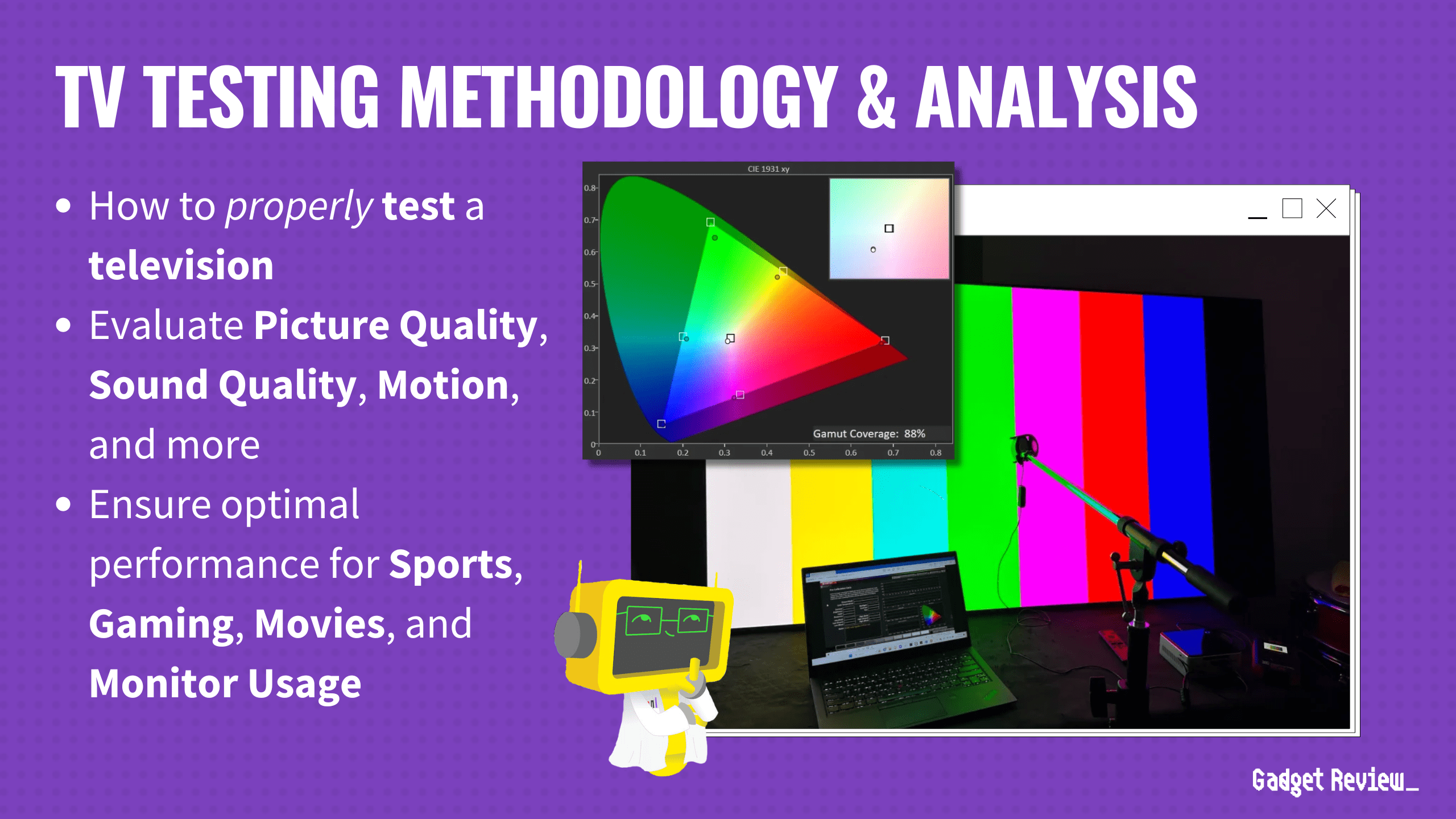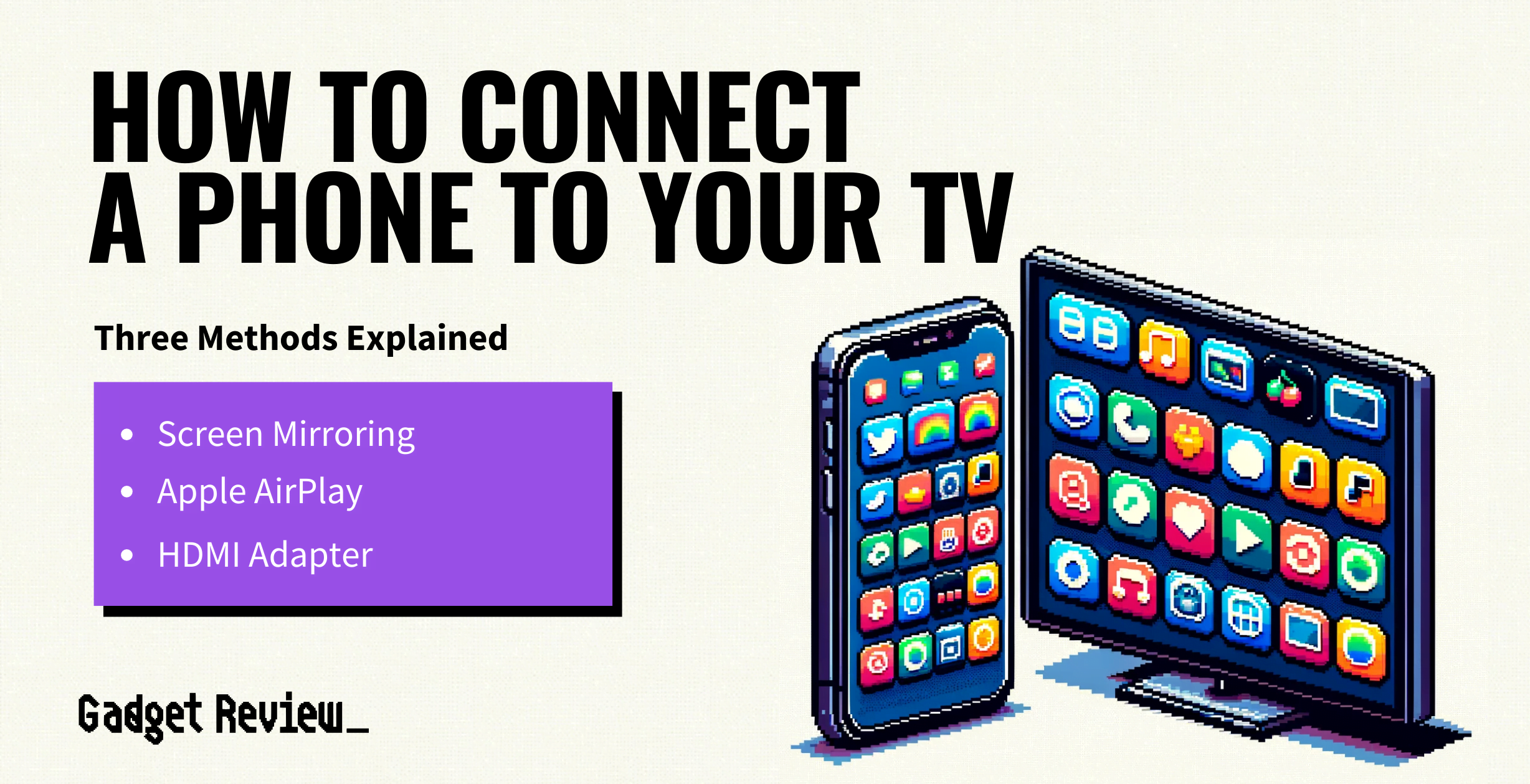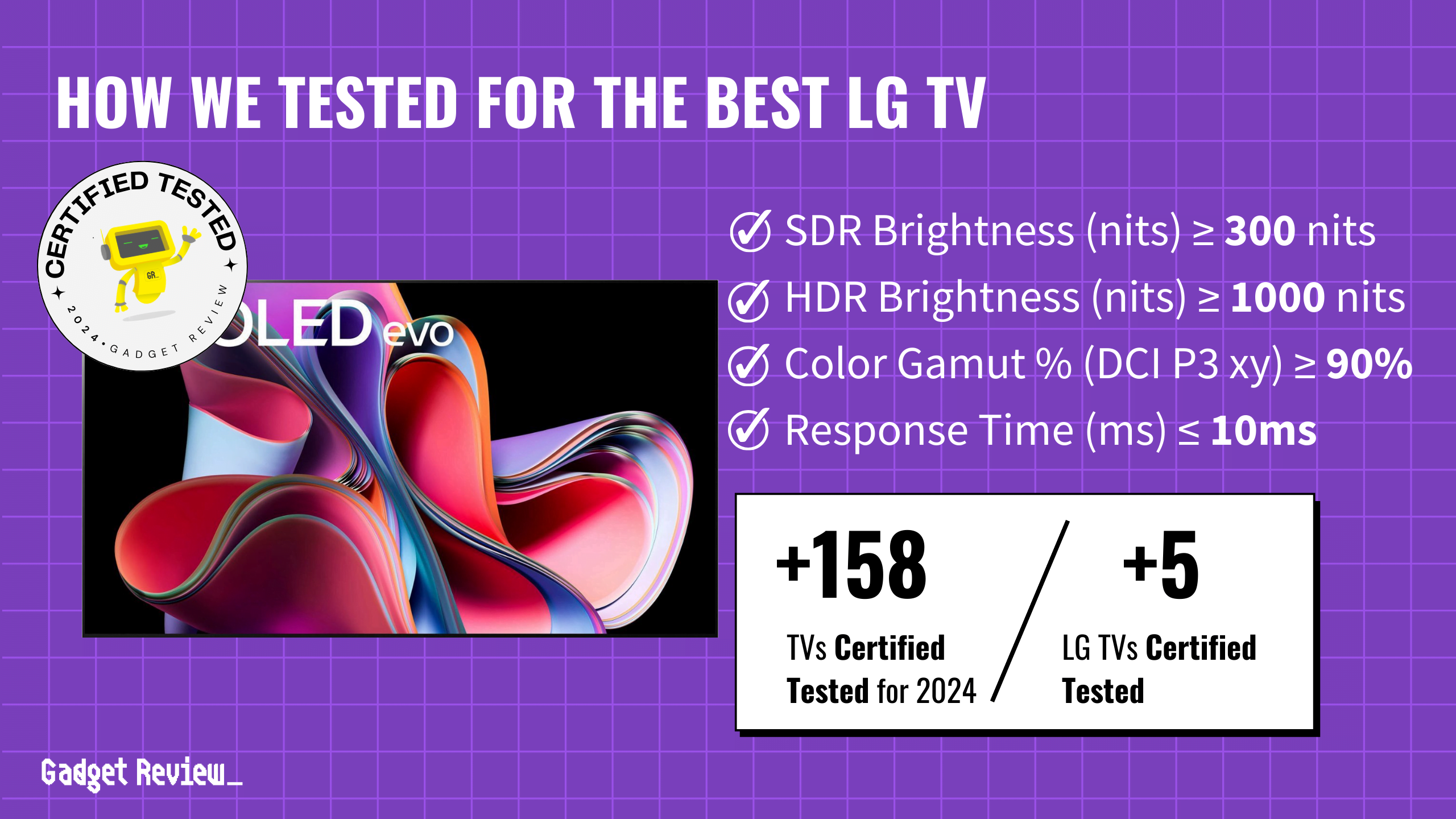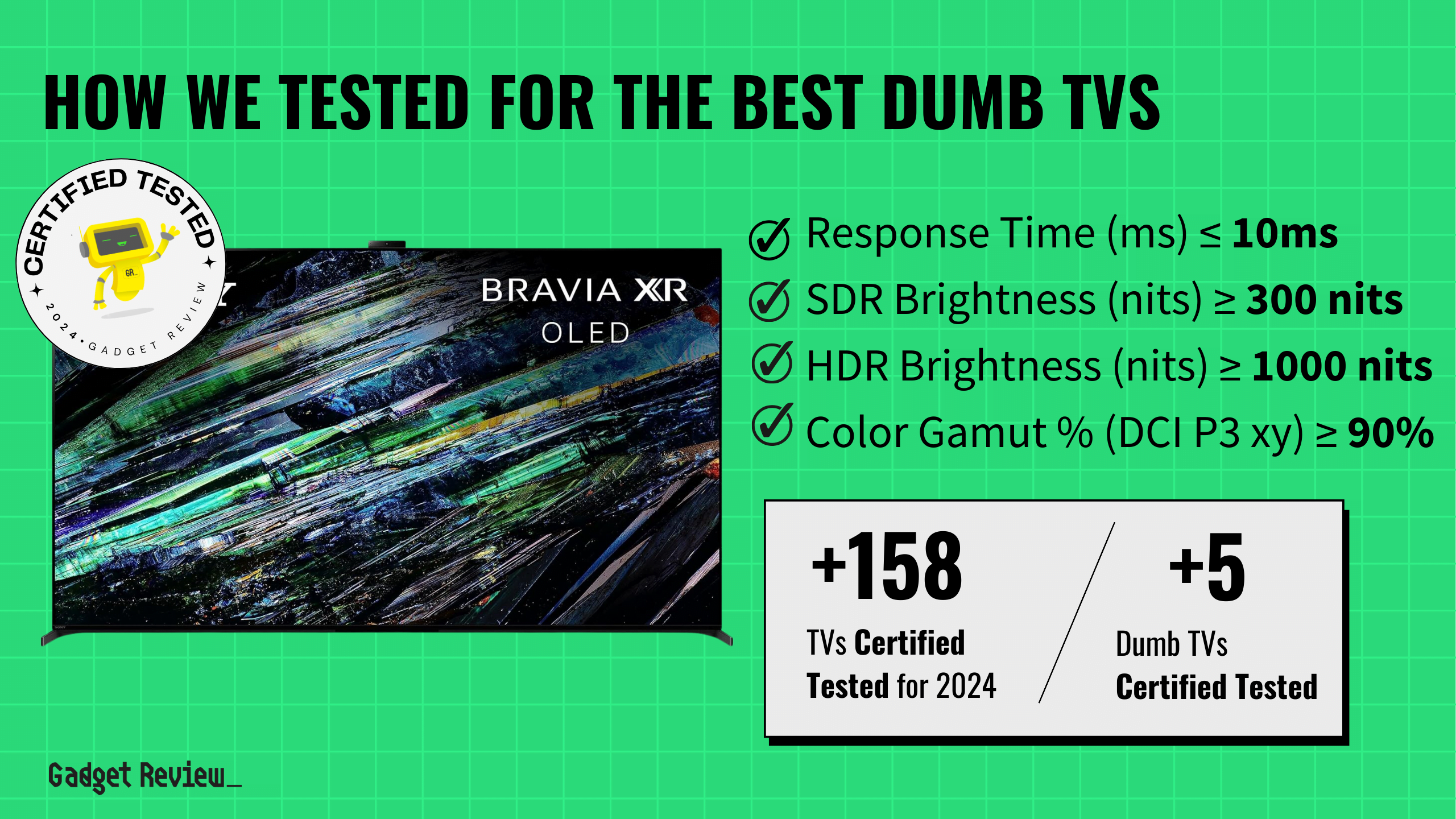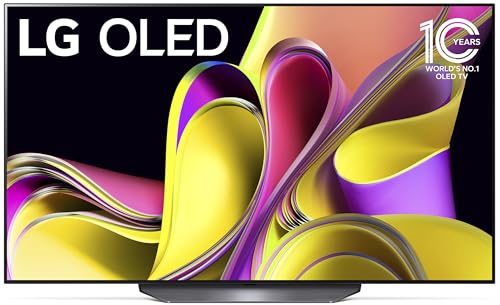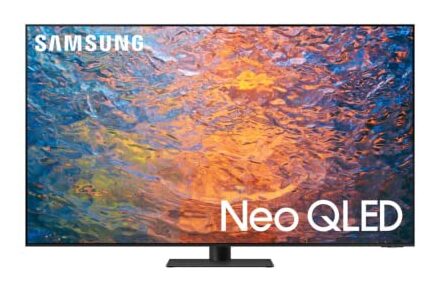If you’ve just picked up a new TV, you might wonder what you can do if it breaks. Yes, the best TVs are more durable and last longer, but they can still break down, and that’s where a television warranty comes into play. If you’re unsure about what a TV warranty is or what it offers, we’re here to help you learn how to understand and use television warranty information.
Key Takeaways_
- Most new TVs come with manufacturer warranties that cover the device from manufacturer defects.
- Television warranties typically last one year from the date of purchase.
- A warranty claim is possible without a receipt, but it is tougher to institute.
Do All TVs Have a Warranty?
Whether you are in the market for a new TV or just purchased one, a new television has warranty coverage. The warranty terms change from brand to brand, so you should educate yourself about your specific television product warranty. Look at your user manual for warranty terms for the most accurate information about your warranty and your rights under the policy.
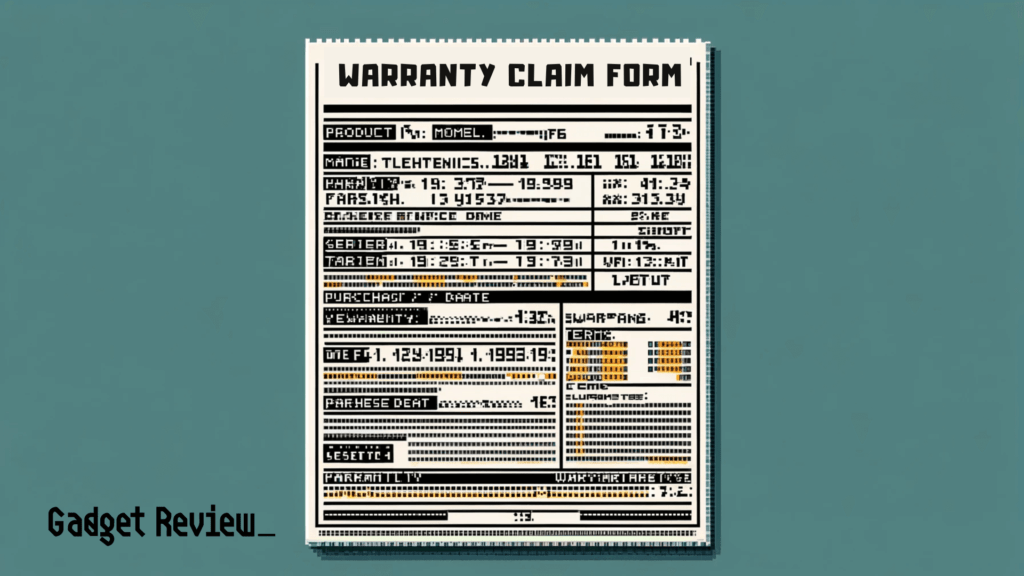
Depending on where you buy your TV can also have an effect on your warranty. For example, Costco members can automatically have their TV’s warranty extended up to 2 years for free on applicable options.
Keep in mind that DIY repairs like fixing a broken screen will void your warranty.
TV manufacturer warranty explained
A manufacturer warranty covers any defect in materials and unit failure within a predetermined period of time. Customers are not expected to spend any extra money to have manufacturer warranty coverage.
New televisions typically have manufacturer warranty coverage for one year from the time of purchase. This is called the original warranty period, and you have legal rights that protect you from product failure. That said, warranties don’t cover everything.
A TV manufacturer warranty covers any defects in materials that stop your TV from working under the manufacturer’s control. This could be an issue with the panel not working properly or audio problems, etc.
A TV warranty does not cover normal wear, cosmetic damage, environmental conditions, or accidental damage, such as liquid spillage.

Warranties also do not protect against misuse or known issues of a particular TV format. For example, most OLED TV warranties don’t cover burn-in.
What’s Required to Start the TV Warranty Process?
While most warranties do not require the original packaging, you will probably need the original purchase receipt, also known as the “proof of purchase.” If you want to institute a warranty claim, you’ll also need your TV’s model and serial number. In addition, make sure you can clearly explain the issue to customer service. Most companies will also want your name, address, and phone number.
What is an Extended TV Warranty?
An extended warranty is an additional warranty that extends protection past the original warranty period. While some recommend this extra coverage, most experts don’t think extended warranties provide adequate security or value for the average user. Read our page on buying an extended warranty for a TV to see if it is right for you.


